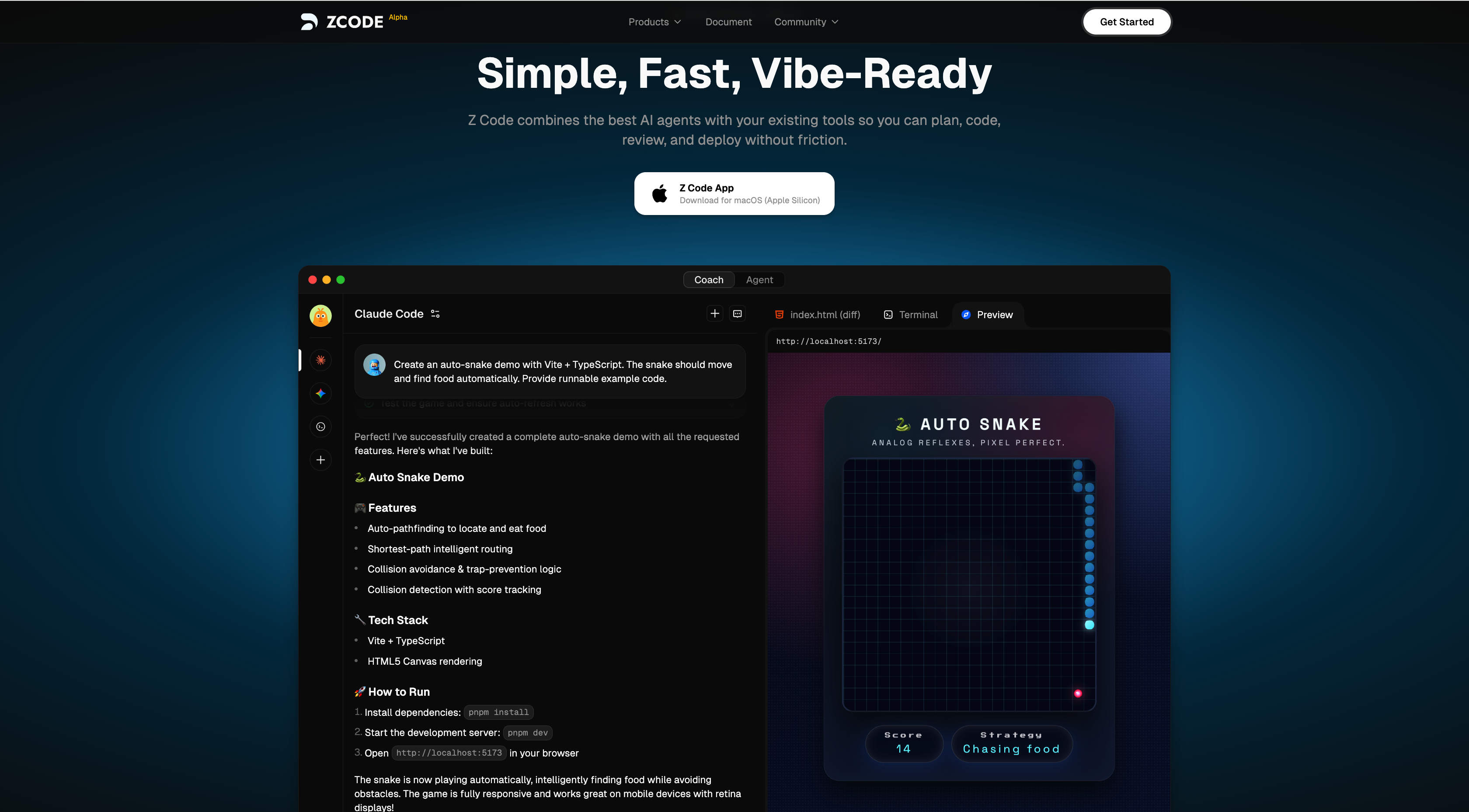Recently, the field of artificial intelligence music has ignited a fierce debate over copyright. Following lawsuits from the three major record companies—Universal Music, Sony Music, and Warner Music—AI music startup Udio issued a statement today, insisting that its models do not replicate copyrighted works or the voices of artists.
In a statement posted on social media platform X, Udio emphasized that the goal of its model training is to cultivate an understanding of musical concepts. The company believes that these musical concepts are fundamental components of musical expression and do not belong to any individual or entity. Udio stated that its system is specifically designed to create works that reflect new musical concepts, rather than to replicate existing content.

Image Source: The image was generated by AI, provided by the image licensing service Midjourney
To support this stance, Udio claims to have adopted advanced filtering technologies to ensure that its models do not replicate copyrighted works or mimic the voices of specific artists. The company emphasized that they have no intention of duplicating content from the training set.
This statement is a direct response to the lawsuits previously filed by the three major record companies. According to reports, Universal Music, Sony Music, and Warner Music accuse Udio and another AI startup, Suno, of training artificial intelligence by copying their music, deliberately infringing on copyright.
This dispute highlights the legal and ethical challenges faced by artificial intelligence technology in the creative industry. On one hand, AI companies claim that their technology aims to understand and innovate musical concepts, rather than simply copying; on the other hand, the traditional music industry is concerned that AI may infringe on the intellectual property of artists and companies.
Udio's response raises a series of questions: How does the AI model create original works based on existing music? How is the concept of "concept" in music distinguished from the specific expressions protected by copyright? Should AI-generated music enjoy the same legal protection as human-created music?
This controversy is likely to become an important turning point in the relationship between AI and the creative industry. As the case progresses, the industry will closely watch how the courts balance technological innovation with intellectual property protection.
Regardless of the outcome, this dispute will have a profound impact on the future application of AI in music creation, potentially prompting further improvements in relevant laws and regulations to address the new challenges brought by the AI era.










